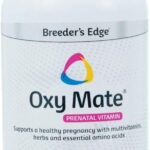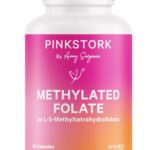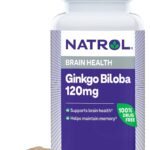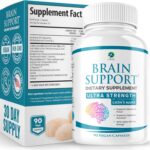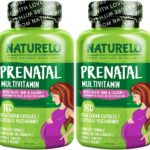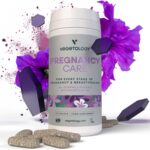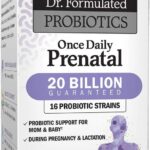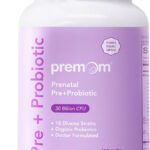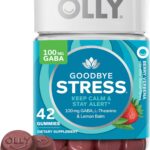Unlock Hydration: The Science Behind Skin Quenching Formulas
Hydration and the Skin
When it comes to skincare, hydration is often the unsung hero. But what exactly does it mean to "hydrate" the skin, and why is it so crucial for our overall skin health? At its core, hydration refers to the process of supplying the skin with the right amount of moisture to keep it healthy, supple, and functioning at its best. This is particularly important because the skin’s natural barrier function is severely compromised by dryness and dehydration. When the skin is properly hydrated, it can more effectively regulate temperature, prevent water loss, and maintain its natural pH balance.
The Water Content of the Skin
So, just how much water is the skin supposed to contain? The answer lies in the skin’s natural water content, which is approximately 60% water. This may not seem like a lot, but it’s crucial to understand that this water is not just any water – it’s a specific type of water that is vital for maintaining the skin’s structural integrity. This type of water is called "bound water," and it’s essential for keeping the skin supple, smooth, and elastic. Bound water is also responsible for maintaining the skin’s natural barrier function, which helps to prevent water loss and keep the skin hydrated.
The Importance of Lipids
While water is essential for hydration, lipids also play a crucial role in maintaining the skin’s barrier function. Lipids are the fatty components of the skin, and they work in tandem with water to create a seamless, impermeable barrier that prevents water loss. Without adequate lipids, the skin becomes dry, brittle, and prone to irritation. This is because lipids help to create a natural "oasis" in the skin, where water can be trapped and retained. In fact, the skin’s lipid layer is so important that it’s often referred to as the "lipid bilayer."
Hydration and Skin Aging
As we age, our skin’s natural hydration process begins to slow down. This is because the skin’s natural barrier function is compromised by the loss of lipids and the gradual decline of skin cell turnover. When the skin is dehydrated, it becomes more prone to dryness, fine lines, and wrinkles. This is because dehydrated skin is unable to effectively retain moisture, leading to a loss of elasticity and firmness. In addition, dehydrated skin is more susceptible to environmental stressors, such as UV radiation and pollution, which can further exacerbate signs of aging.
Hydration and Skin Conditions
Dehydration can also play a role in a number of common skin conditions, including eczema, acne, and rosacea. In these conditions, the skin’s natural barrier function is compromised, leading to increased water loss and inflammation. When the skin is dehydrated, it becomes more prone to irritation and sensitivity, which can trigger or exacerbate these conditions. In fact, research has shown that hydration is a crucial component of effective skin care, particularly for individuals with chronic skin conditions.
Hydration and Skin Products
So, how can you ensure that your skin is properly hydrated? The answer lies in using products that are specifically designed to provide long-lasting hydration. These products typically contain a combination of ingredients, including hyaluronic acid, glycerin, and ceramides, which work together to provide optimal hydration. Look for products that are labeled as "hyaluronic acid-based" or "ceramide-rich," as these products are designed to provide sustained hydration over an extended period of time.
Unlocking Hydration with the Right Ingredients
When it comes to unlocking hydration, the right ingredients can make all the difference. Some of the most effective ingredients for hydration include:
- Hyaluronic Acid: This natural humectant is capable of holding up to 1,000 times its weight in water, making it an effective ingredient for retaining moisture in the skin.
- Glycerin: This humectant helps to attract and retain moisture in the skin, leaving it feeling soft, smooth, and supple.
- Ceramides: These natural lipids help to repair and restore the skin’s barrier function, providing a natural barrier against water loss and environmental stressors.
- Niacinamide: This form of vitamin B3 has been shown to improve the skin’s barrier function, reducing inflammation and improving hydration levels.
Conclusion
Hydration is a crucial component of effective skin care, and understanding the science behind hydration is essential for achieving healthy, supple, and glowing skin. By using products that are specifically designed to provide long-lasting hydration, and incorporating ingredients that promote hydration, you can unlock the full potential of your skin. Whether you’re looking to improve the appearance of fine lines and wrinkles, reduce dryness and irritation, or simply achieve a more radiant complexion, hydration is the key to unlocking the best skin of your life.
